When disaster strikes, being prepared can keep you grounded when everything else feels out of control. I’ve been there—watching the news as chaos unfolds and wondering if I’d be ready if it happened to me. Whether it’s a storm, a blackout, or something bigger, having a solid plan gives you peace of mind and a sense of control.
Survival isn’t just about hoarding supplies; it’s about knowing how to think clearly, use what you have, and stay resilient. Over the years, I’ve learned that even small, simple steps can make a huge difference when things go sideways. You don’t have to be an expert or a hardcore prepper to start—anyone can do this. Here are 21 realistic, lifesaving tips to help you handle any crisis with confidence.
Build A 72-Hour Emergency Kit
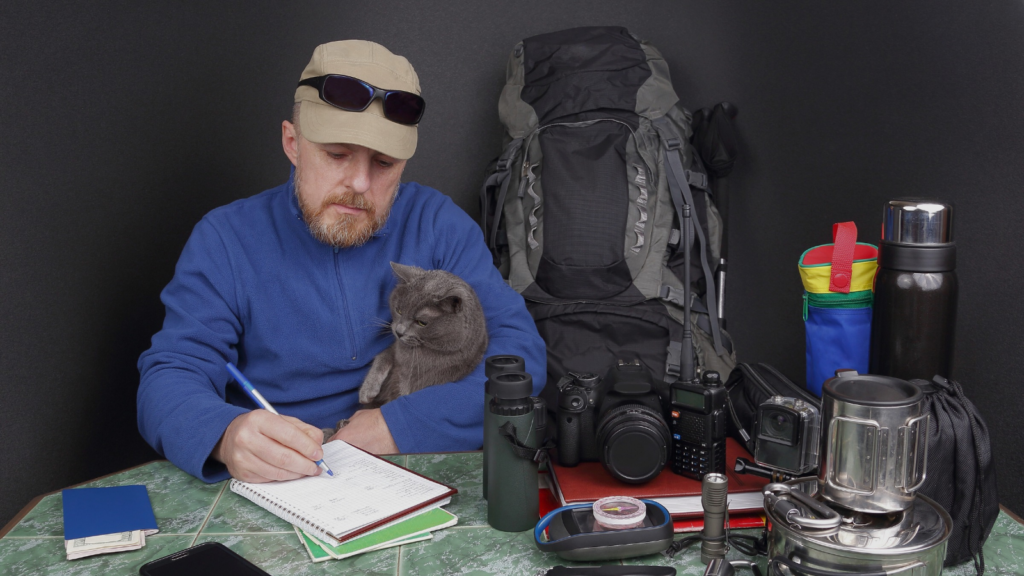
Having a 72-hour emergency kit is non-negotiable for crisis preparedness. It should include food, water, medications, a flashlight, extra batteries, and basic first aid supplies. Aim for lightweight, portable items you can grab and go if evacuation becomes necessary. A sturdy backpack works great as a carrier.
Store At Least A Two-Week Supply Of Water
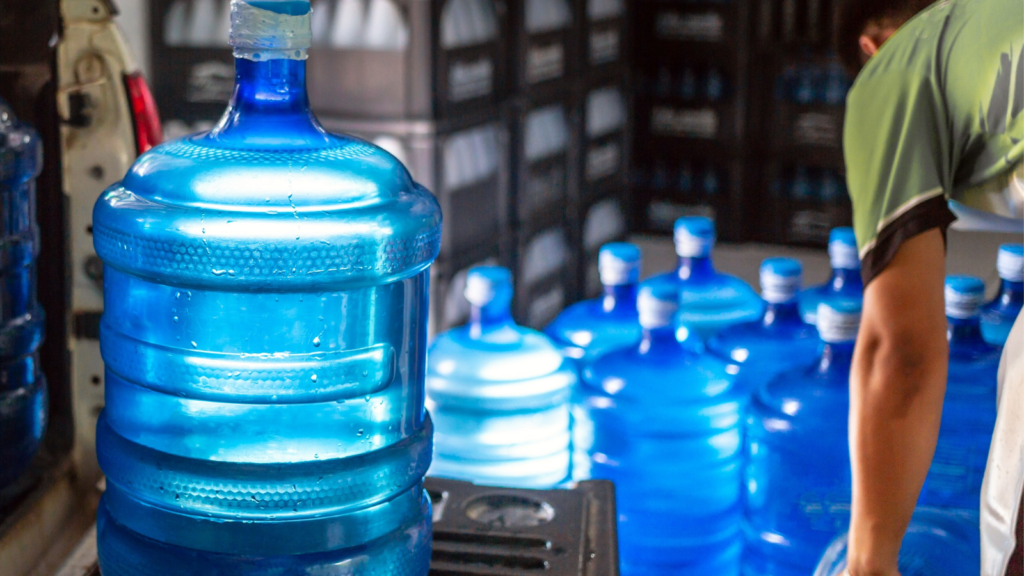
Water is critical for survival, and it’s often the first resource to run out during emergencies. Store at least one gallon per person per day for two weeks. Consider adding water purification tablets or a small filtration system to your kit to extend your supply.
Learn Basic First Aid
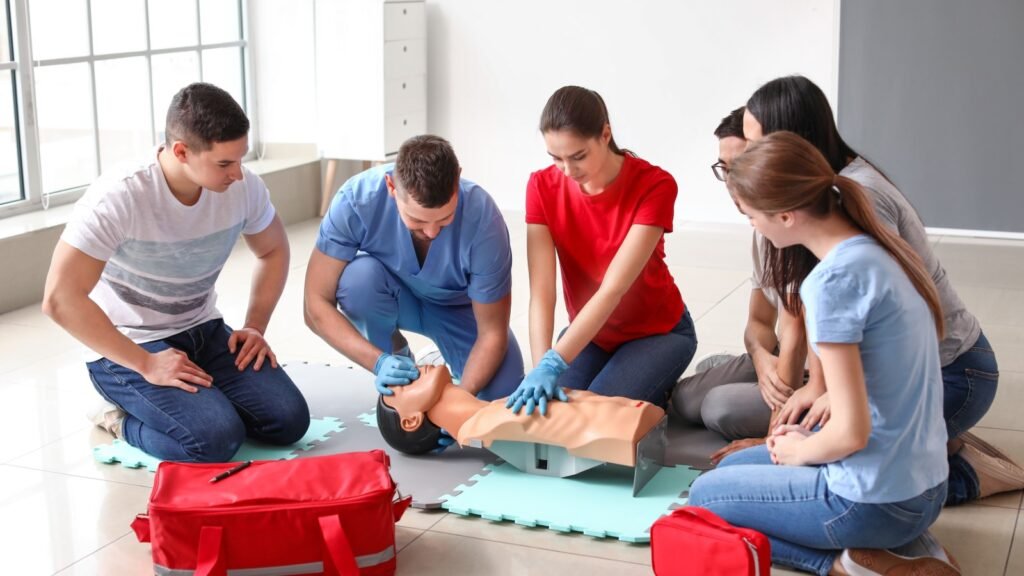
In a crisis, medical help may not be immediately available, so knowing basic first aid is crucial. Take a course on CPR and wound care to handle minor injuries or stabilize someone until professional help arrives. Even a well-stocked first aid kit is useless without the knowledge to use it.
Create A Family Communication Plan
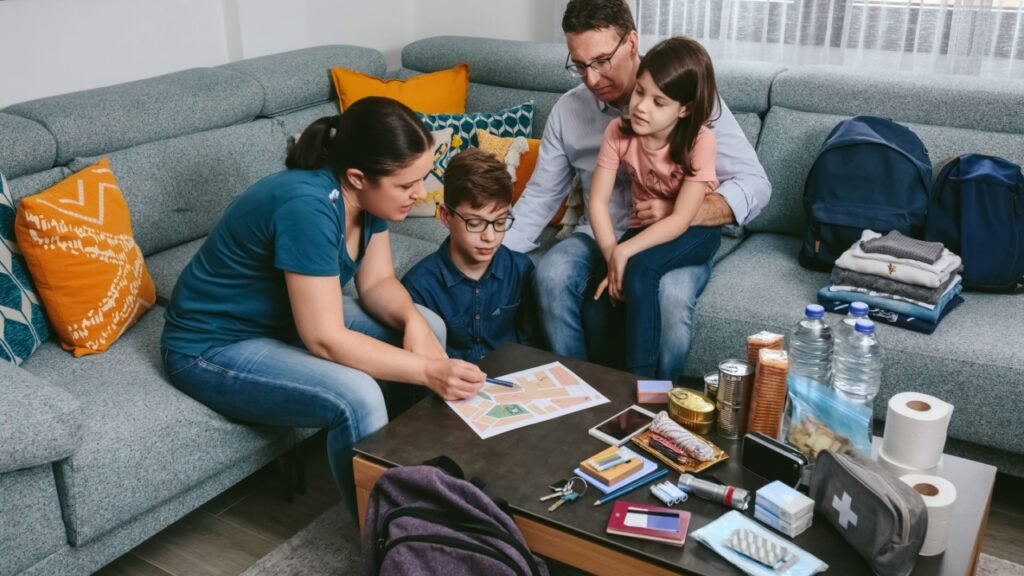
During a disaster, cell service might be down or overwhelmed. Have a plan in place for contacting loved ones, including a designated meeting spot and an out-of-town contact person. Write everything down and share it with everyone in your household.
Keep A Fire-Starting Kit Ready
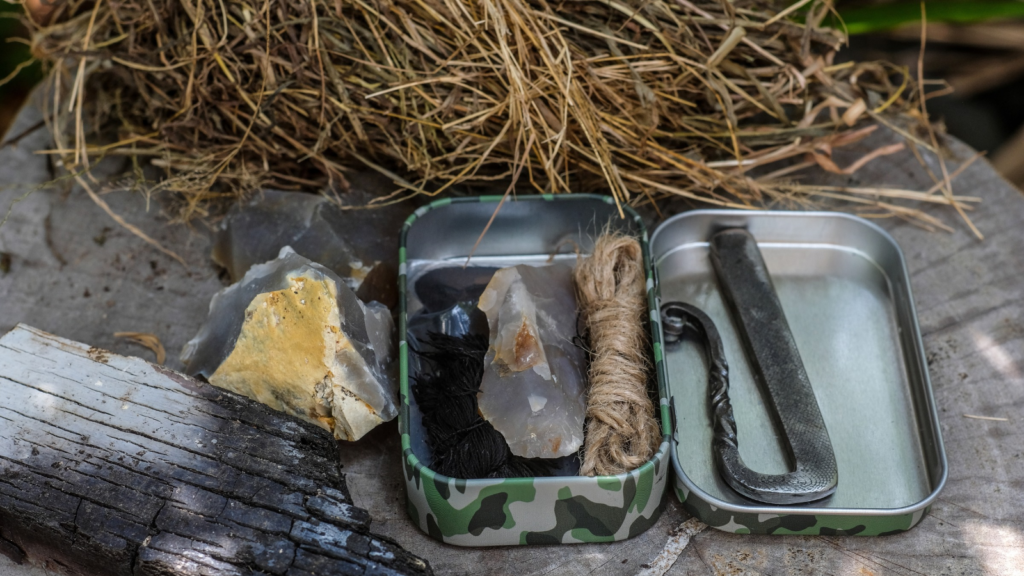
Fire is essential for warmth, cooking, and even signaling for help. Pack waterproof matches, a lighter, and fire-starting tinder in your kit. Practice building a fire so you’re confident in your ability to do it under pressure.
Rotate Food Supplies Regularly

Stockpiled food won’t help if it’s expired or spoiled. Keep a rotation system to ensure that your pantry is always fresh. Label items with expiration dates and make a habit of using and replacing them regularly.
Secure Important Documents In A Safe Place
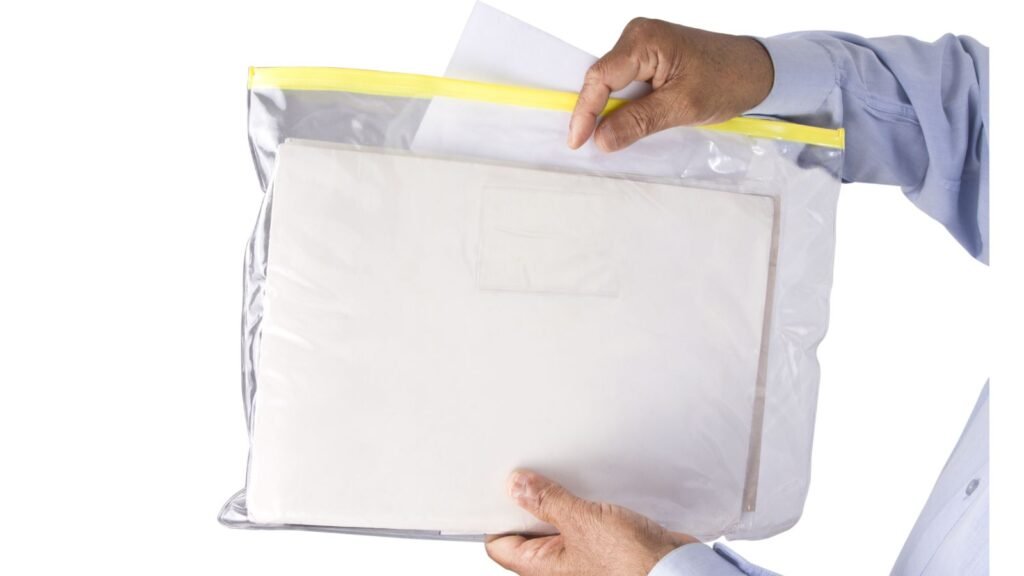
Keep copies of birth certificates, passports, medical records, and insurance policies in a waterproof, fireproof container. These documents are often essential for recovery after a crisis.
Learn How To Purify Water
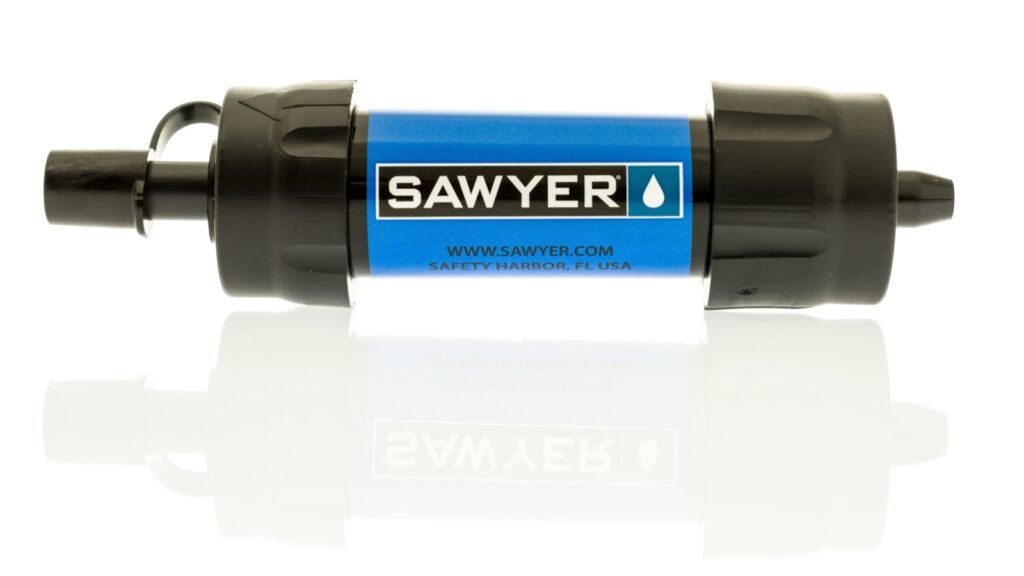
If you run out of clean water, knowing how to purify it can save your life. Boiling water is the simplest method, but having a portable filtration system or iodine drops can be quicker in emergencies.
Identify And Learn How To Use Local Plants

Nature is a treasure trove of resources, but only if you know how to use it. Learn to identify local edible plants and their medicinal properties. Start with a reliable field guide to ensure safety.
Keep Cash On Hand

In many crises, electronic payment systems fail. Having a stash of small bills in a safe but accessible spot can help you buy necessities when cards are useless.
Train Yourself To Stay Calm Under Pressure

Panic clouds judgment and leads to mistakes. Practice staying calm by exposing yourself to controlled stress, such as cold showers or timed problem-solving tasks. The better you handle stress now, the clearer your head will be in an emergency.
Stock Up On Hygiene Products
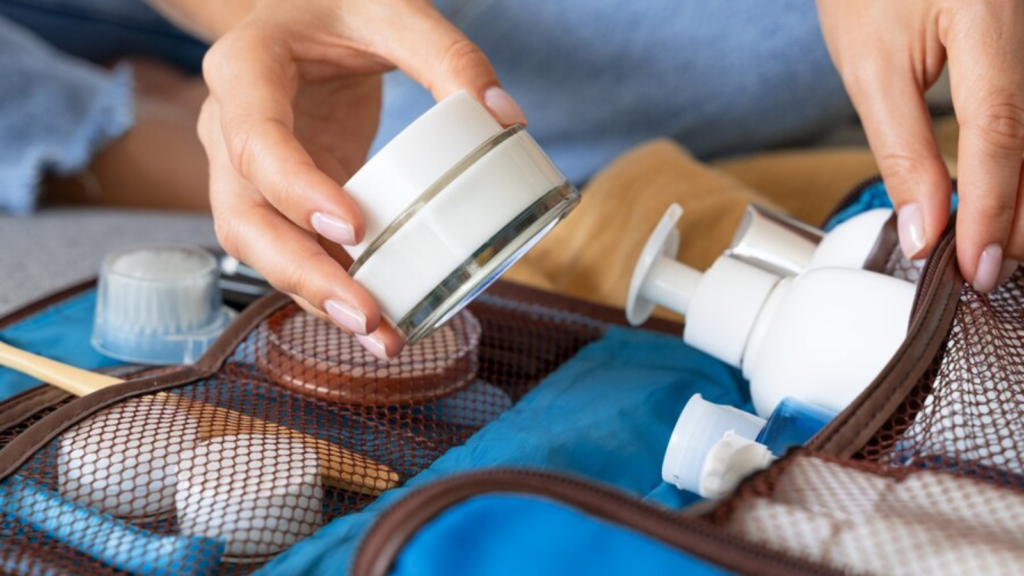
Sanitation is often overlooked but vital in preventing illness. Keep a supply of soap, hand sanitizer, feminine products, and toilet paper. Don’t forget plastic bags for waste disposal in case plumbing fails.
Invest In A Portable Power Bank

A power bank can keep your phone or other devices charged when the grid is down. Look for a solar-powered option to recharge even if electricity is unavailable for extended periods.
Learn Self-Defense Skills
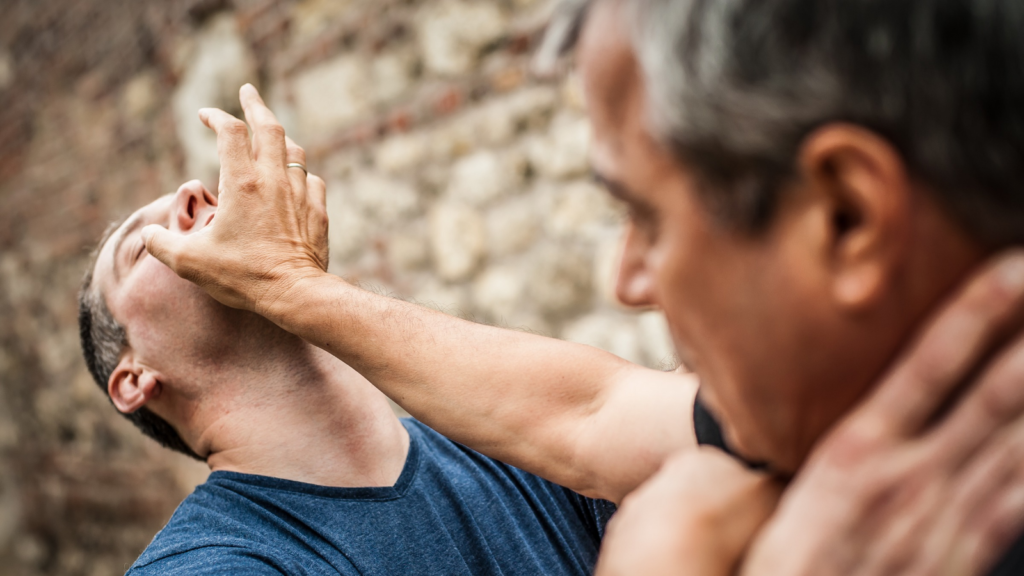
Being able to protect yourself and your family is crucial during chaotic situations. Take a self-defense class to boost your confidence and learn techniques to de-escalate or neutralize threats.
Understand The Basics Of Navigation
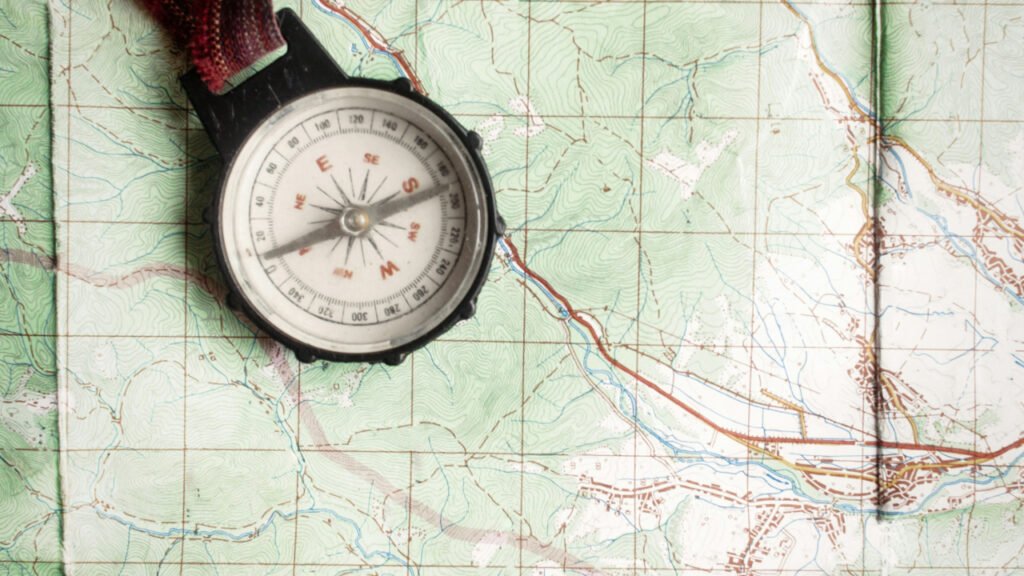
If GPS systems fail, you’ll need to navigate the old-fashioned way. Learn to use a compass and read a map. Keep a physical map of your area in your emergency kit.
Keep A Bug-Out Bag Ready

A bug-out bag is a pre-packed survival kit designed for quick evacuation. Include essentials like food, water, a first aid kit, clothes, and tools. Check and update it seasonally.
Test Your Equipment Regularly

Survival gear is useless if it doesn’t work when you need it. Test your equipment—flashlights, radios, water filters—periodically. This also helps you become familiar with how they operate.
Know Your Neighbors
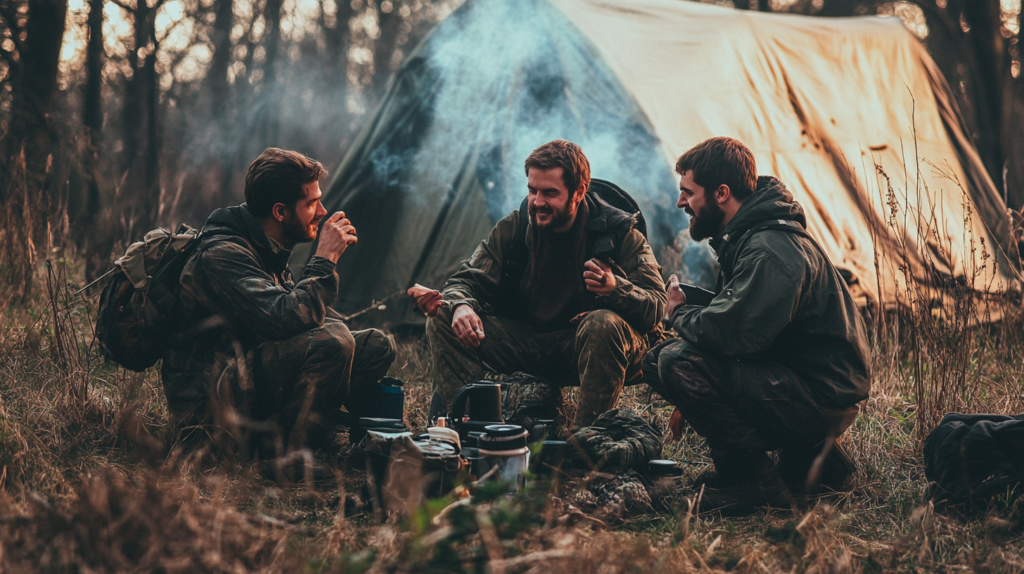
In a crisis, community can be a lifesaver. Get to know your neighbors and discuss mutual assistance plans. A strong, connected community is often better prepared to handle emergencies.
Practice Situational Awareness

Situational awareness means always knowing what’s happening around you. Pay attention to exits, potential hazards, and changes in your environment. This skill can prevent you from being caught off guard.
Learn How To Signal For Help

Sometimes, the biggest challenge is letting others know you need help. Practice creating smoke signals, using a whistle, or flashing a mirror to signal for assistance. These simple techniques can be lifesaving.
Prepare For Mental Resilience
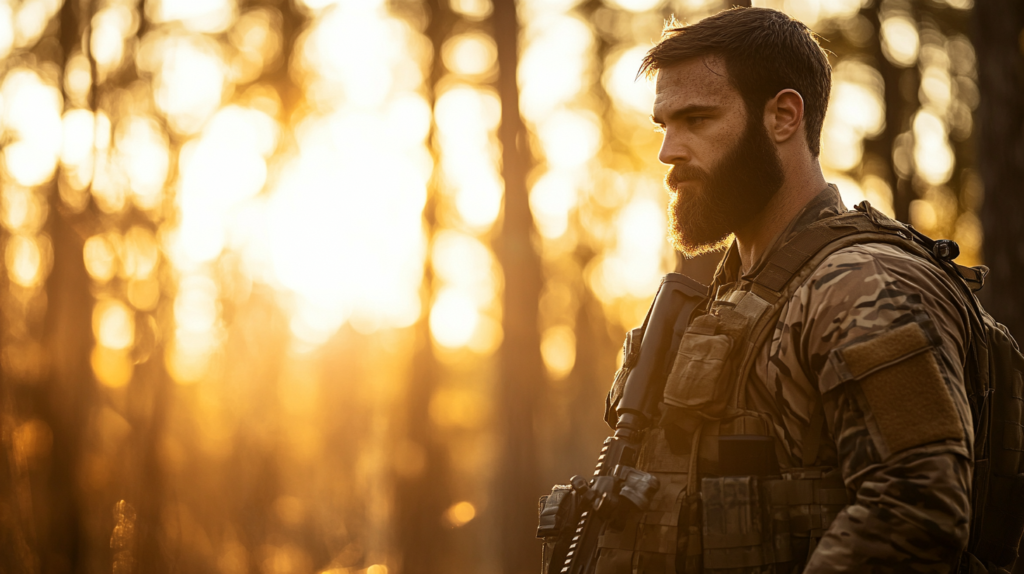
Surviving a crisis isn’t just physical—it’s mental too. Build resilience by practicing mindfulness and stress management techniques. A strong mindset can keep you going even when things seem bleak.

